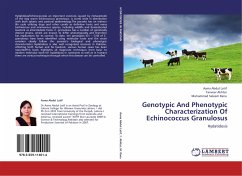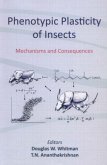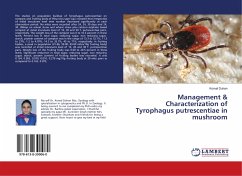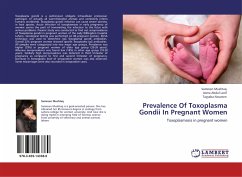Hydatidosis/Echinococcosis an important zoonosis caused by metacestode of the dog worm Echinococcus granulosus, is world wide in distribution with both sylvatic and pastoral epidemiology.The parasite has an indirect life cycle utilizing dogs and other canids as definitive hosts and many herbivorous and omnivorous species, including wildlife and domesticated livestock as intermediate hosts. E. granulosus has a number of genetically distinct strains, which are known to differ phenotypically and therefore has implications for its control. To date, ten genotypes (G1 G10) of E. granulosus have been identified using molecular tools and the strain variation closely follow the parasite s biological and phenotypic characteristics. Hydatidosis is also well recognized zoonosis in Pakistan, affecting both human and his livestock, various human cases has been reportedThis book highlights all diagnostic techniques from basic to modern molecular tools for hydatidosis in ruminants as well as in humans there are various techniques through which this disease can be controlled
Bitte wählen Sie Ihr Anliegen aus.
Rechnungen
Retourenschein anfordern
Bestellstatus
Storno








